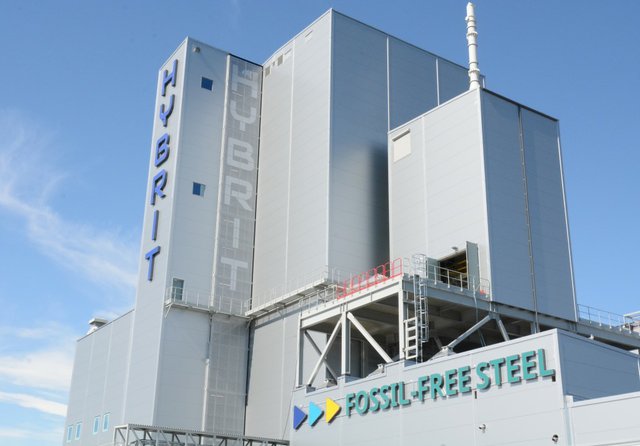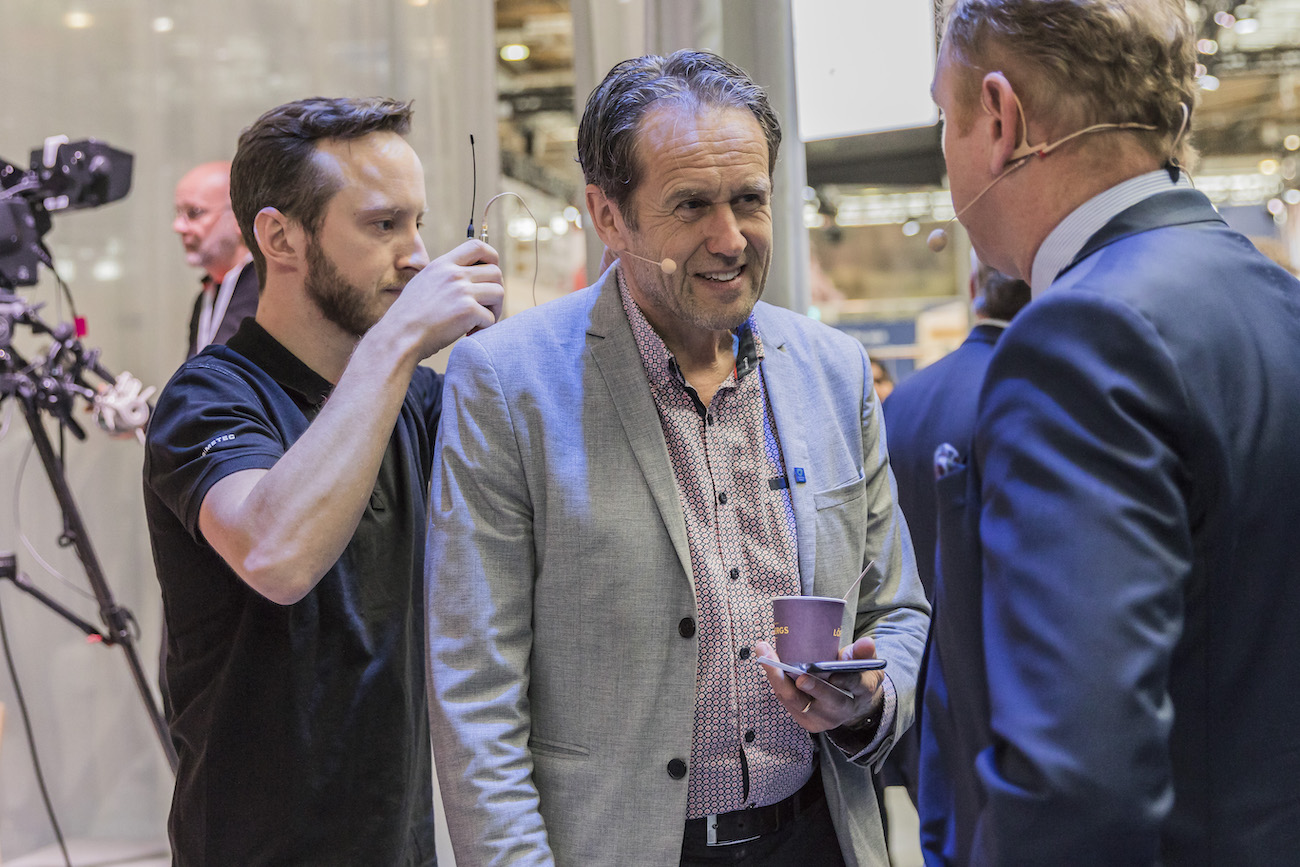In 2017 Sweden adopted a new climate policy framework. The framework consists of a climate act, climate targets and a climate policy council. My podcast with Svante Axelsson – national coordinator of Fossil free Sweden – inspired me to look into the role of the Swedish industry and in particularly, that of the steel industry that accounts for 7% of the total world’s emissions.
There are some initiatives to develop a fossil free steel and explore the roadmap for a circular economy that can meet the requirements for the low carbon economy. One of them is HYBRIT – Hydrogen Breakthrough Ironmaking Technology – that results from the collaboration between the mining company LKAB -Europes largest iron ore producer; SSAB – the global leader in high-strength steel production and Vattenfall – one of Europe’s largest electricity producer.
HYBRIT aims to replace cooking coal – traditionally used for ore based steel making with hydrogen and aspires to become the world’s first fossil free steel making technology.
Sweden has a unique position to create HYBRIT for several reasons: the country’s abundance of hydro power that is fossil free; it has the highest quality iron ore and the Swedish steel making industry is highly specialised.

The second new venture is H2 Green Steel a fossil-free steel plant that includes a sustainable hydrogen facility in the arctic region of Sweden that plans to start production in 2024. Truck maker Scania said earlier in a Reuter interview that its CEO Henrik Henriksson was stepping down to become H2 Green Steel´s chief executive. Among the first investors in H2GS are Spotify founder Daniel Ek, Christina Stenbeck – main Kinnevik owner and Vargas Holding, the co-founder of the battery maker Northvolt.
A third is linked to the new mining operations in LKAB’s in the Arctic. Thanks to digitalisation, automation, electrification, new operation methods and carbon dioxide-free production will set a new world standard for mining. LKAB’s transformation will require investment of around 1 – 2 billion EUR a year for 15 – 20 years. On top of that there will be investments in expansion of renewable energy and hydrogen in order to make the conversion possible.
Sweden aims at net zero emission by 2045. Svante Axelsson has both government and the Swedish Parliament support for innovations that can help meet such target. The country also recognises the economic advantages of being in the forefront of the transformation from a CO2 economy to a low carbon one, mostly in such an important industrial segment: that of steel making and iron mining.
Listen to Transformers podcast with the Swedish National Coordinator Svante Axelsson. He will give you an insight story how Sweden aims to be the first fossil-free welfare nation in the world.


